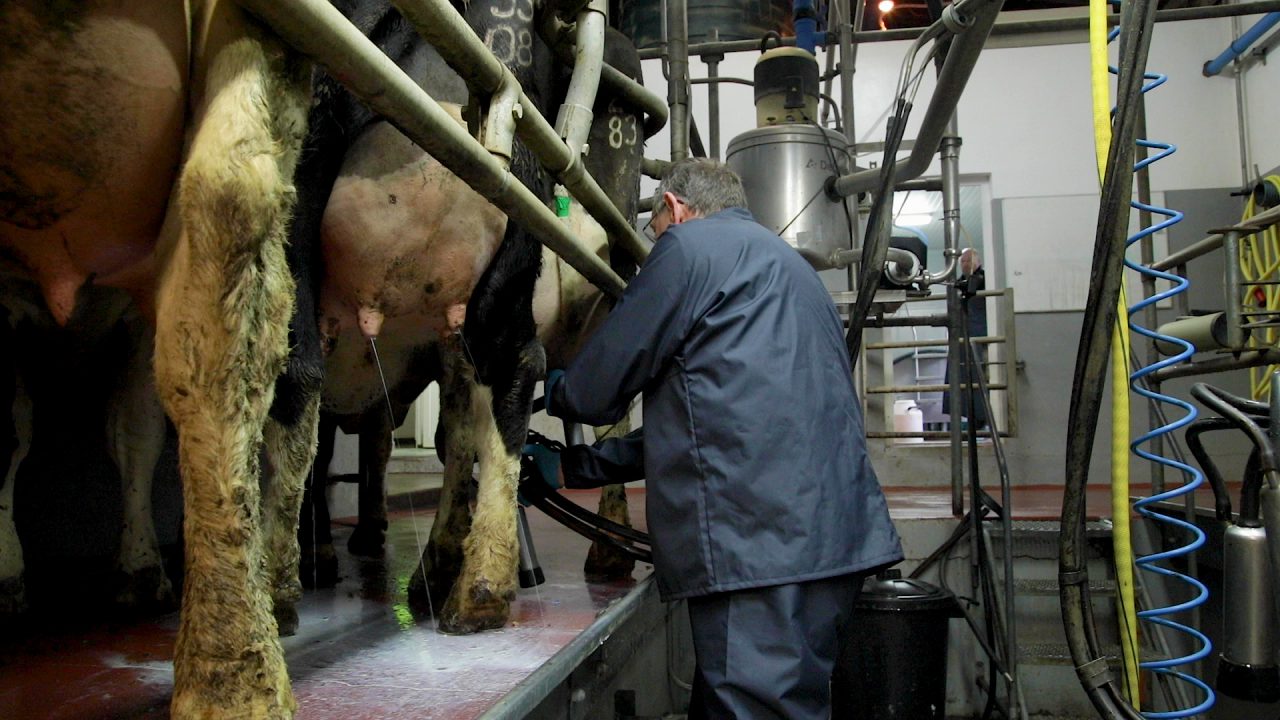The Irish Creamery Milk Suppliers’ Association (ICMSA) has criticised the Department of Agriculture, Food and the Marine’s communication with farmers on nitrates banding.
Pat McCormack, the association’s president, said that most dairy farmers in the country have not been informed which nitrates band they will be in, a situation he described as “stunning”.
Speaking today (Monday, March 6), he said that the case for delaying the introduction of banding was “fast becoming unanswerable”.
“We are coming up on mid-March and most of our members have still to receive official notification on what band they will have to farm within for this year.
“The department’s schedule on this was always unrealistic but frankly has now become impossible and it would be better for everyone if the responsible officials just recognised that they are not ready for this regulation and suspended the process until there’s some semblance of a plan,” McCormack added.
According to the ICMSA president, the department has “two options”, which the organisation says are to “continue with this…chaotic banding proposal”, or “accept that the groundwork for this has not been done and an absolute shambles will result from them going ahead”.
“They can defer or suspend and give themselves – and the unfortunate farmers – a chance to look at this again and reconsider,” he added.
“Continuing with the present policy is actually ‘doubling-down’ on a move that is already out of time and leaving the thousands of farmers concerned out of options.”
In a recent meeting with department officials, the ICMSA asked the department to amend article 12 of the statutory instrument that implements the changes to the Nitrates Action Programme (NAP) to include the word ‘or’, so that farmers availing of the nitrates derogation would have to retain one mature whitethorn or blackthorn tree in each hedgerow or maintain hedgerows on a minimum three-year cutting cycle.
According to McCormack, the statutory instrument as it currently stands requires farmers to do both, which he remarked is “obviously a misprint”.
“We’d expect [department officials] to rectify it and publish a corrected draft that makes the correct distinction,” he said.
